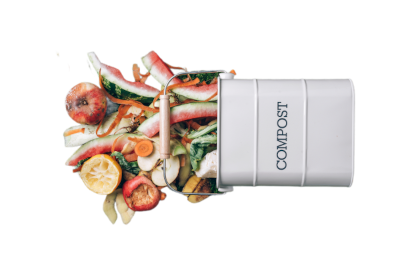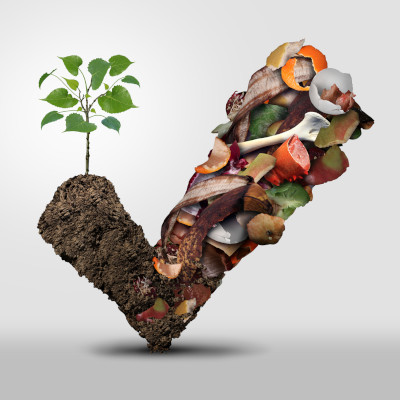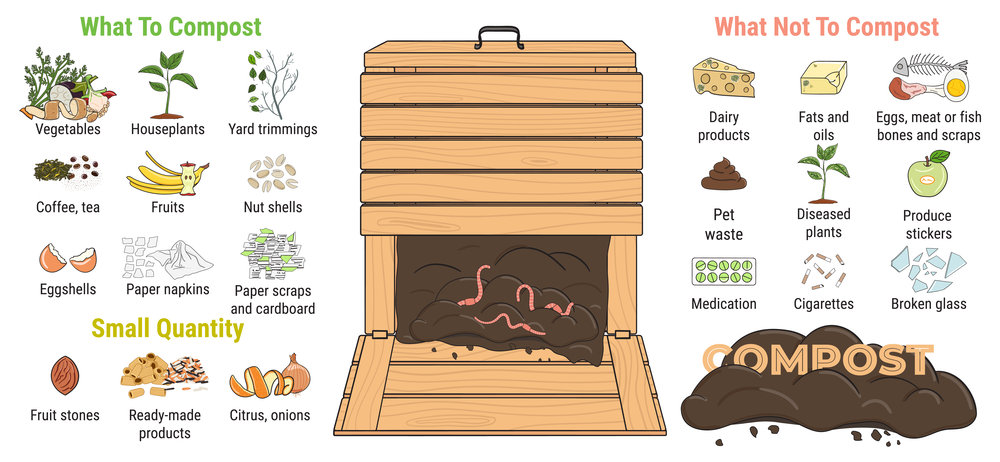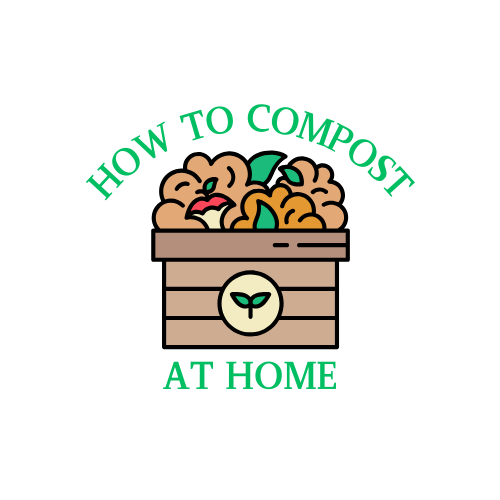How to Compost at Home
Transform Your Kitchen Waste into Gold with Easy Home Composting!
We’re committed to making composting accessible and enjoyable for all home gardeners. Whether you’re a seasoned pro or just starting out, we provide the knowledge, tools, and resources to turn kitchen scraps and yard waste into nutrient-rich compost. Let us help you enrich your soil, reduce waste, and cultivate a thriving garden ecosystem.
What is Composting?
Composting is nature’s recycling process for organic materials like food scraps and yard waste. Through the action of microorganisms, these materials break down into nutrient-rich compost, resembling fertile soil. Composting reduces landfill waste while naturally improving soil health and promoting plant growth, whether through backyard bins or vermiculture techniques.

Benefits of Home Composting
Home composting offers numerous advantages for both the environment and the individual gardener:
- Environmental Impact: Reduces landfill waste, minimizing methane emissions and mitigating environmental harm.
- Soil Health: Introduces valuable nutrients and beneficial microorganisms, leading to healthier plants and increased yields.
- Natural Fertilizer: Improves soil structure, moisture retention, and overall fertility, acting as a sustainable alternative to chemical fertilizers.
- Promotes Sustainable Gardening: Reduces reliance on chemical fertilizers and pesticides, contributing to a more eco-friendly landscape.

Getting Started with Home Composting
Starting home composting is simple and beneficial for both the gardener and the environment. It offers a cost-effective and sustainable solution to improve soil health, reduce reliance on synthetic fertilizers, and foster a vibrant garden ecosystem. By creating nutrient-rich compost from kitchen scraps and yard waste, you can cultivate healthier plants while minimizing landfill waste and methane emissions. We’re committed to making home composting accessible and hassle-free, providing resources and guidance for a confident and easy composting journey.
Options for Composting
Explore various composting methods, from backyard composting to vermicomposting, to find the best fit for your needs and preferences.
Choosing the Right Composter
Find the perfect composter for your indoor or outdoor space and your lifestyle to streamline the composting process and maximize results in an easy and affordable way.
Setting Up Your Home Composting System
Get started with confidence by setting up a composting system tailored to your environment and composting goals.
Discover the Art of Composting
Get started with confidence by setting up a composting system tailored to your environment and composting goals.
Essential Ingredients for Composting
Unlock the secret to reducing household waste by 30% and enriching your garden effortlessly.
What to Add to Your Compost Pile
Toss in your kitchen scraps and watch your garden thrive. Explore essential ingredients like eggshells and coffee grounds.
Combining Green and Brown Materials
Balance green and brown materials for faster decomposition and enriched soil. Learn the perfect mix for your compost pile.
Maintaining Moisture and Aeration
Perfect moisture and airflow for odor-free composting. Keep your compost pile thriving with simple tips.
Understanding Carbon to Nitrogen Ratio
Master the magic ratio for supercharged compost efficiency. Turn scraps into gold with ease.
Ready to dive into composting? Learn how to compost at home and manage your compost pile effectively with our expert tips and troubleshooting advice. From maintaining the right balance of materials to troubleshooting common problems, we’ve got you covered. Click here to explore more
Learn to Compost at Home With Our Top Picks
This website contains references to products from Amazon. As an Amazon Affilate, we may receive compensation when you click on links to those products.
What Can Be Composted?
Discover the treasure trove of compostable items from your kitchen and garden. Learn why they rock and how they enrich your compost pile.
What Can’t Be Composted?
Navigate the quirky theater of composting and avoid party poopers. Learn what to steer clear of to keep your compost clean and eco-friendly.

Avoiding Composting Mistakes
While composting is rewarding and eco-friendly, it’s crucial to steer clear of common pitfalls to ensure success. Here are some key missteps to avoid.
Learn how to sidestep these common mistakes and adhere to best practices so you can produce nutrient-rich compost to enrich your garden and effectively reduce waste.
Imbalance of Green and Brown Materials:
Compost piles thrive on a balance of green (nitrogen-rich) and brown (carbon-rich) materials. Too much of either can lead to slow decomposition or unpleasant odors. Aim for a ratio of roughly 2 parts brown to 1 part green to maintain equilibrium.
Inadequate Aeration:
Proper airflow is vital for composting. Without enough oxygen, the pile can become anaerobic, resulting in foul odors and slow decomposition. Regularly turn the compost to introduce oxygen and prevent compaction.
Excessive Moisture:
While moisture is necessary for decomposition, too much water can create a soggy pile that emits unpleasant odors. Monitor moisture levels and adjust as needed to maintain a damp, but not wet, consistency.
Adding Inorganic Materials:
Avoid introducing non-biodegradable items like plastics, metals, and synthetic chemicals into the compost pile. These materials disrupt the composting process and can contaminate the finished compost.
Ignoring Pest Control
Compost piles can attract pests such as rodents, flies, and ants if not managed properly. Covering food scraps with a layer of brown material, using a secure compost bin, and excluding meat and dairy products can help keep pests at bay.
Skipping Chopping or Shredding
Large or dense materials take longer to decompose. Chop or shred items like branches, cardboard, and food scraps to accelerate the composting process and create a more uniform end product.
